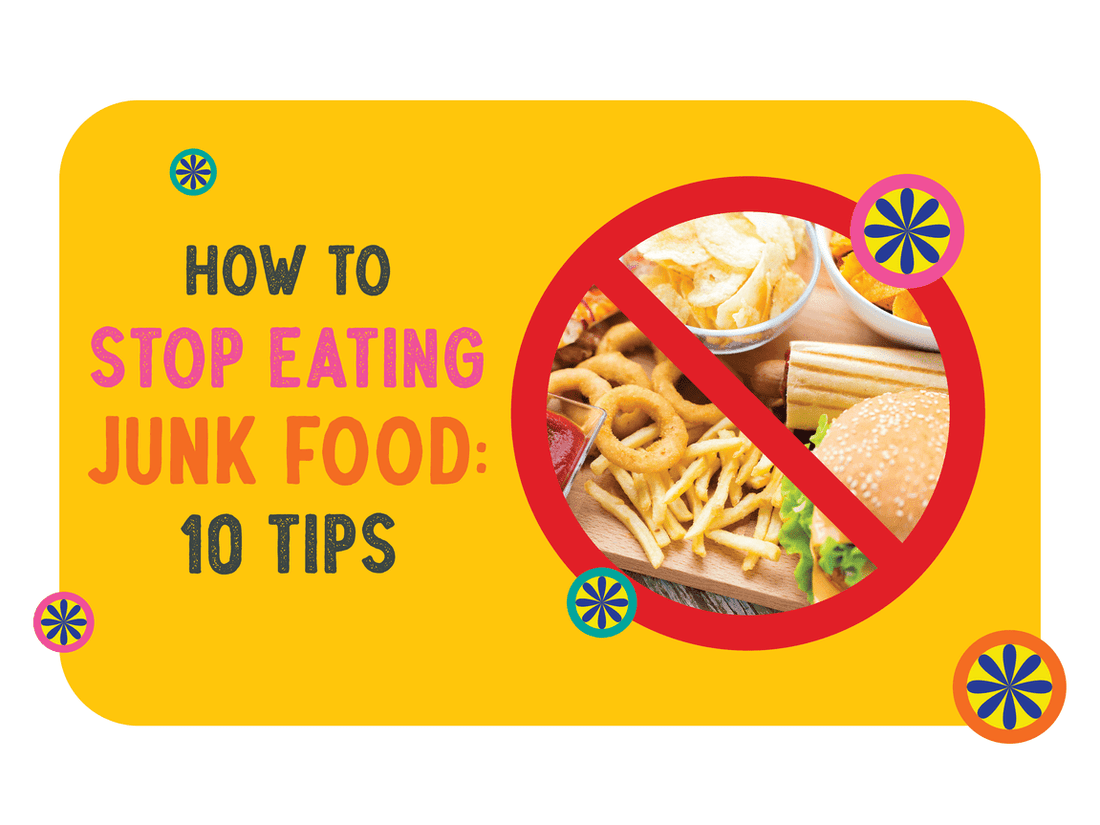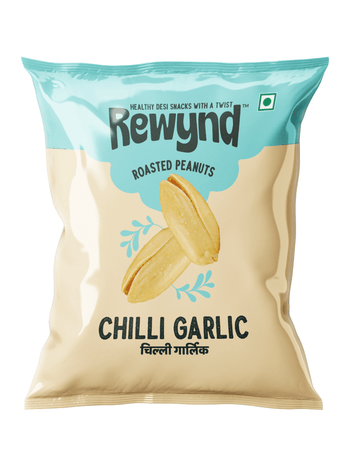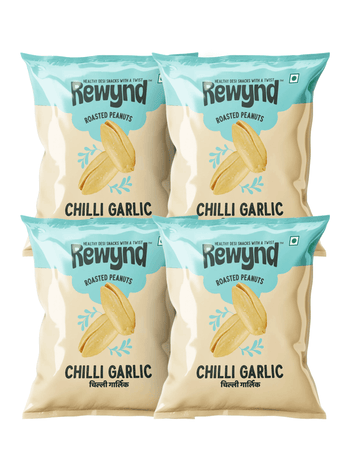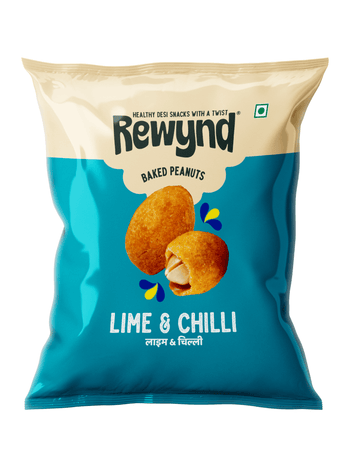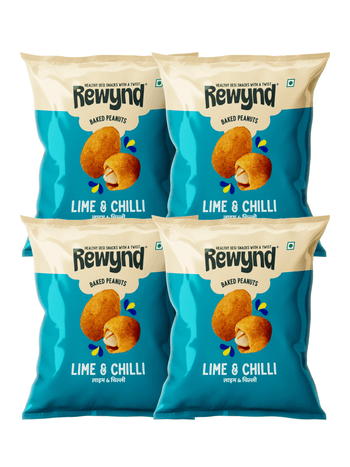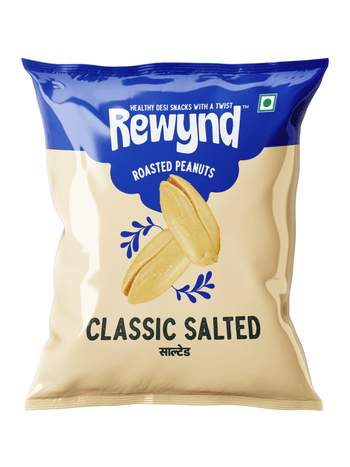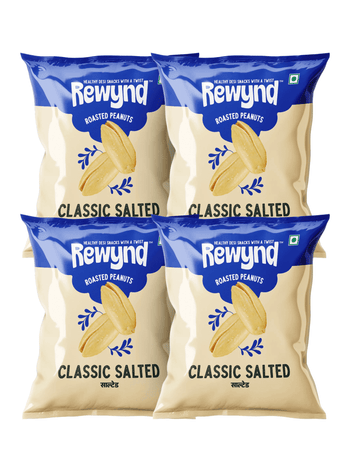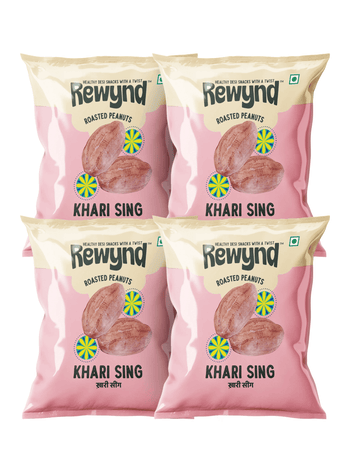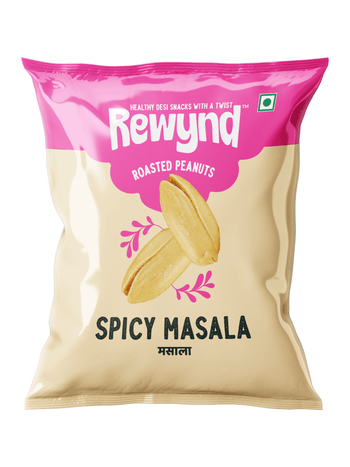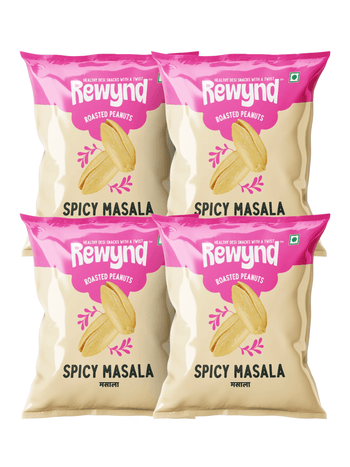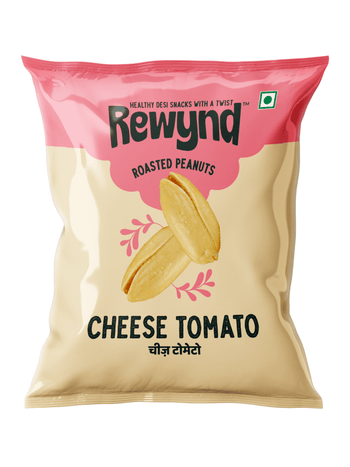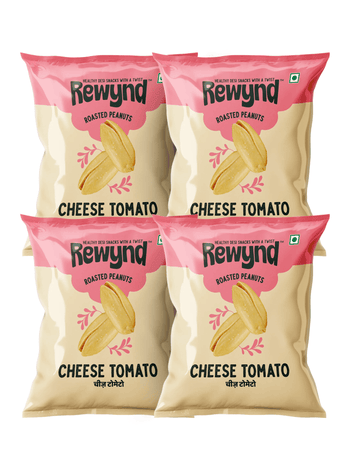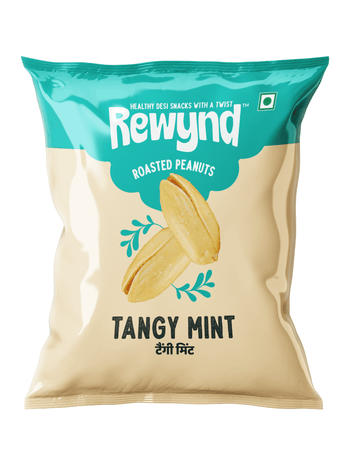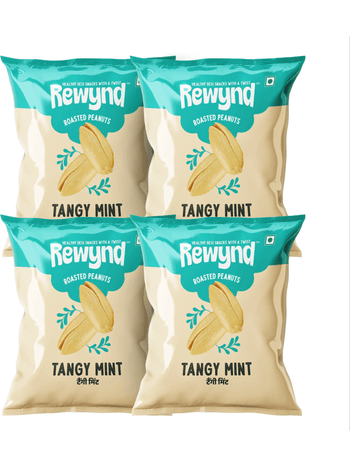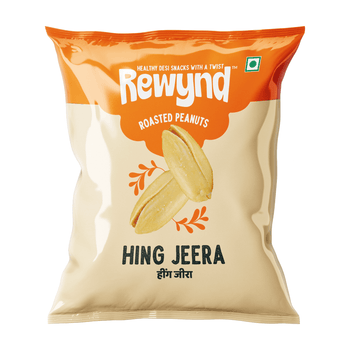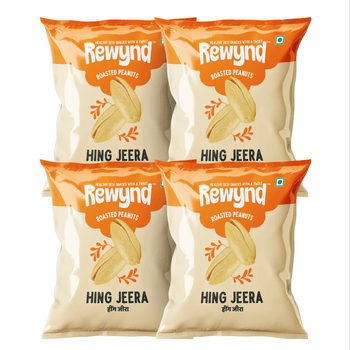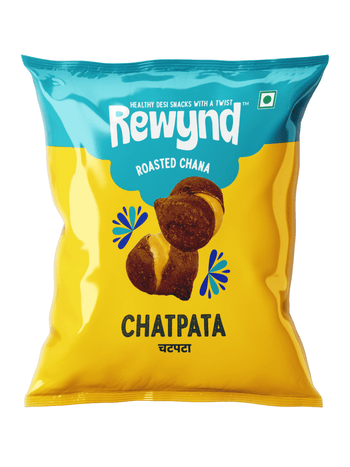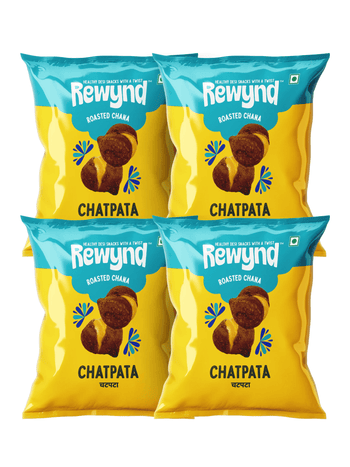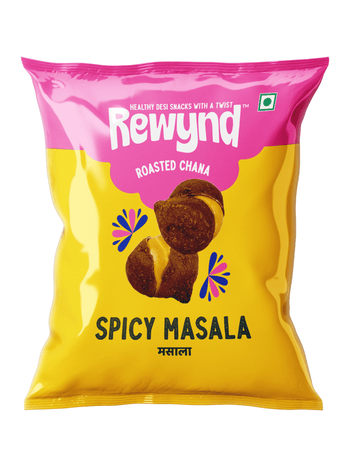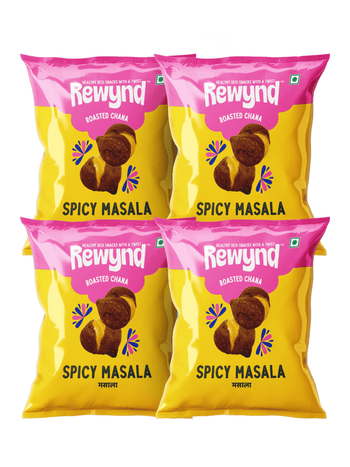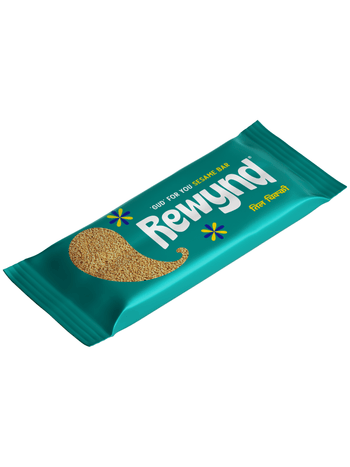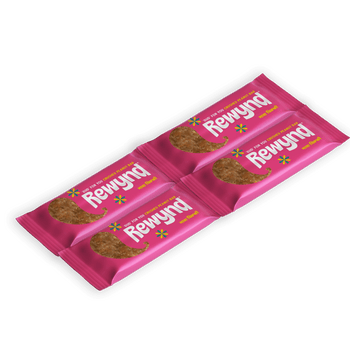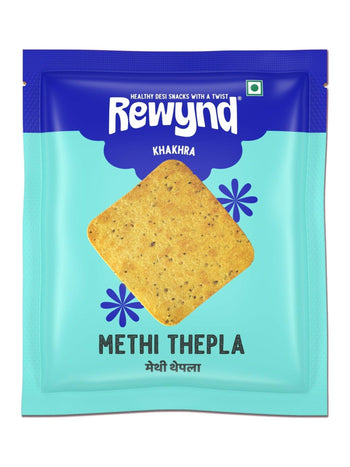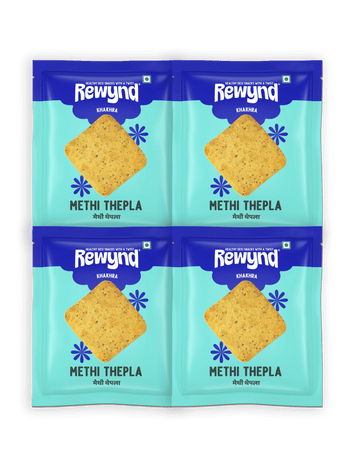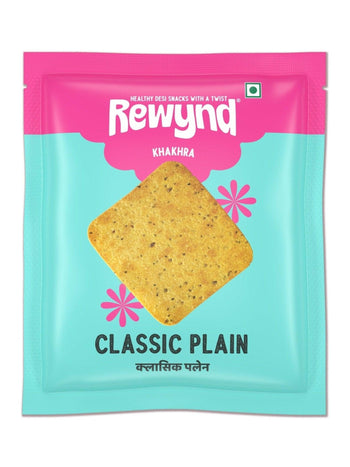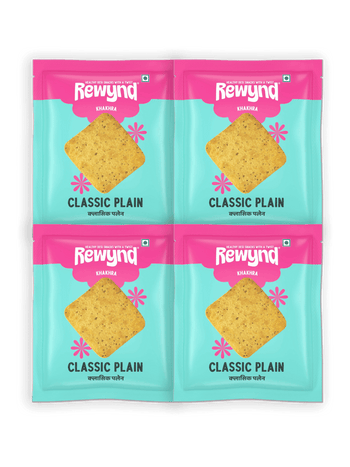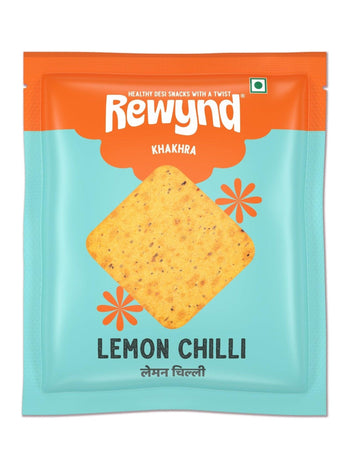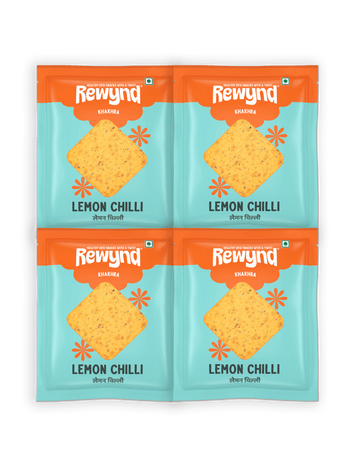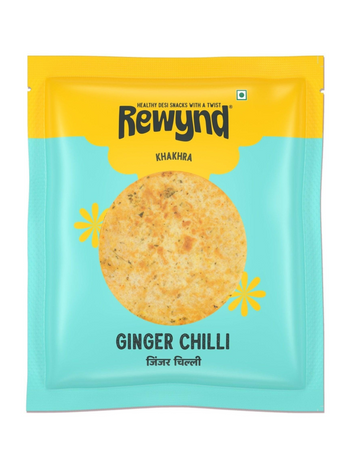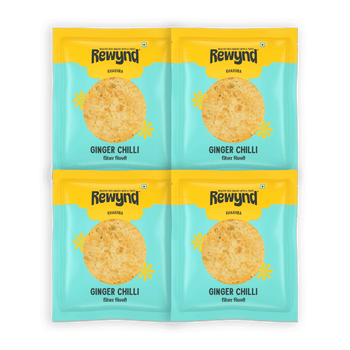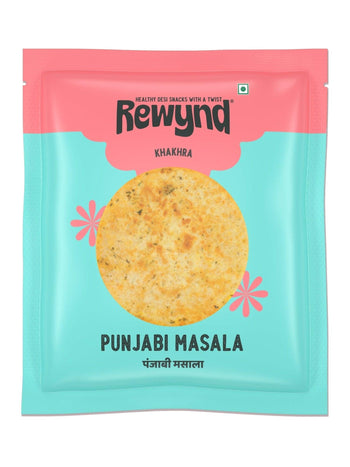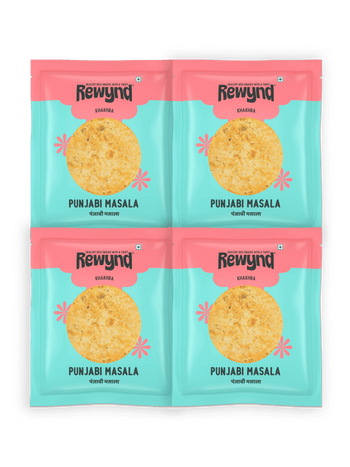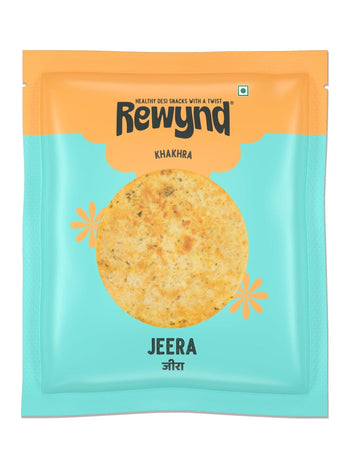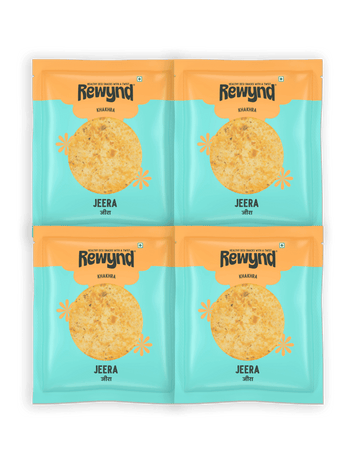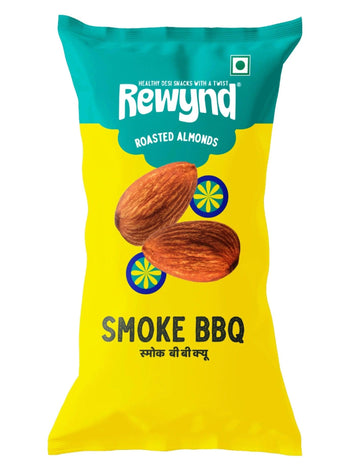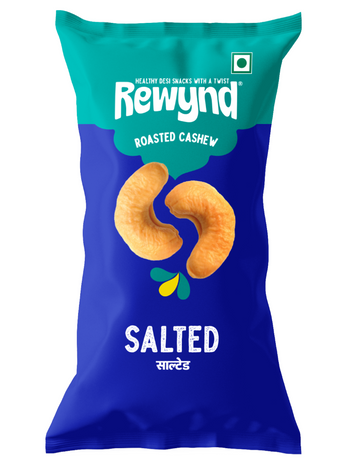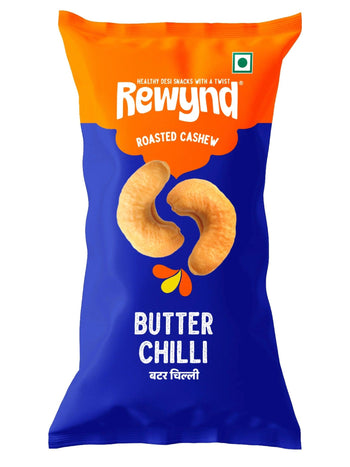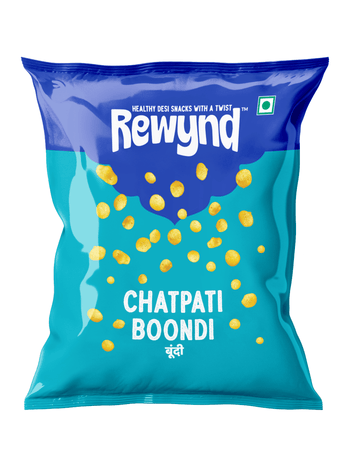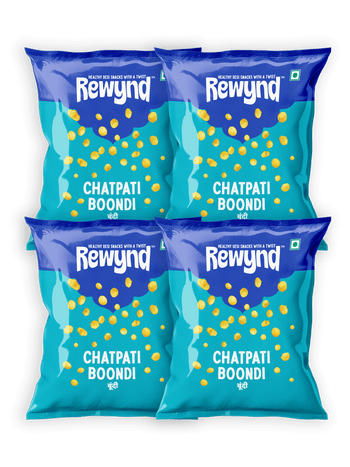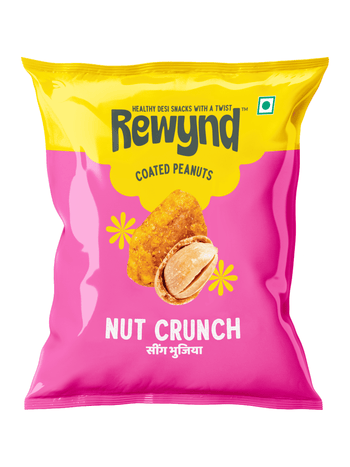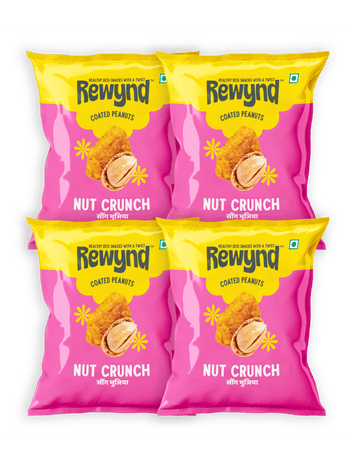Imagine you just came home after a tiring day, sitting on the sofa, tired and hungry, and what’s the first thing that is going to soothe you down or make you feel good? Bet you started imagining your favourite food! How nice would it be to have a burger from McDonald’s or maybe pizza or pasta from your favourite restaurant! Though you know it’s unhealthy, you’d still choose that option. And this is not a one-time thing; this happens to you often!
And when you are on your weight-loss journey, you keep questioning, ‘Why am I not able to lose weight?’ Maybe you keep running back to junk food or sneak in a little bit of junk food whenever you feel like it. Self-control and constant cravings seem to be the problems you are fighting.
Dispelling Doubts: Is Junk Food Really Addictive?
Sad but true; Yes, Junk food is highly addictive.
Any processed food high in calories and with little nutritional value is considered junk food. It has a lot of added sugar, salt, and unhealthy fats, such as trans fat.
A neurotransmitter in our brain called ‘Dopamine’ plays a critical role in our brain’s reward system. It gives us a feeling of satisfaction and pleasure, which is obviously hard to resist. When we eat junk food, our brain releases dopamine, which is why we feel so good after having our favourite burger, pizza or fries!
Our brain can easily and quickly get addicted to this feeling of pleasure and satisfaction, and it wants to have that dopamine again and again, leading us to crave junk food and eventually, if not controlled, can become an addiction.
Millions of dollars are invested in research by food companies to ensure that their products have the ideal texture, taste, and appearance to create a flavour profile that stimulates our brain's reward centres by combining fat, sugar, and salt. That’s another reason junk food is so addictive. It is scientifically designed to be so.
It should come as no surprise that following a S.A.D. (Standard American Diet), which has unfortunately become a part of Indian urban and suburban food culture, is linked to obesity and weight gain, as well as the onset of chronic conditions like type 2 diabetes and cardiovascular disease.
Decoding Junk Food: Cravings Vs. Mindless Eating
If you have experienced an intense urge to eat a certain food which is likely to be sugary, salty, fatty, or all three, and that too, immediately. And you may feel increasingly excited as you imagine how it will taste and how you’ll feel eating it. Maybe you haven't eaten in several hours, or maybe you're still processing your last meal. These urges are called cravings, which can pop up at any moment and aren’t always fueled by hunger pangs.
You can have an intense and persistent desire for food (not necessarily delicious food every time), which can be caused by boredom, stress, nutritional deficiency, or self-imposed food restrictions. These are all signs of cravings.
A food addiction goes one step further, involving not only strong cravings but also a loss of control over eating habits and frequent overindulgence in food, particularly highly appetising foods.
On the other hand, if you eat solely for the following reasons, we would call it Mindless Eating.
- Eating for comfort to numb or forget the anxiousness or stress you may be feeling.
- You are eating even when you are not hungry simply because you saw some delicious food, and now you cannot go without eating it.
- You keep eating while watching TV or scrolling through Social media and cannot track how much you are eating.
So basically, mindless eating is when you cannot keep a healthy tab on your hunger and keep eating out of habit, out of pressure, or simply to escape from reality.
10 Effective Ways to Say No to Junk Food and Yes to Health
1. Create A Meal Plan You Enjoy
Whenever we start a new project, make a big decision or want to go on a trip, what is the first thing that we do? Planning, right?
Why not the same thing for your meals? If you plan your meals in advance, you will know what to eat and have healthier choices at your disposal, so you won’t have to go for last-minute food or snacks, which will be unhealthy fast food.
Set aside a specific day of the week and make a meal plan that you would enjoy, make a grocery list and complete the grocery shopping, arrange healthy snacks to munch on between meals and ta-da! You are all set to start your journey towards a healthy body and life.
2. Practice Mindful And Intuitive Eating
Half the battle is won when we choose to be mindful, which means conscious of our thoughts and feelings.
Developing mindful practices will help us recognize when we are feeling satisfied and connect with our internal hunger cues to prevent overeating, as we have less and less time to take a moment to check in with how we are feeling.
Eating mindfully entails developing more intuitive or mindful habits in your daily life and learning to pay attention to your feelings when you crave a particular food.
By taking your time and paying attention to your surroundings, your surroundings, and your food, mindful and intuitive eating has been shown to help people develop a sense of trust towards their bodies.
3.Begin With Basic Swaps
It's always possible to start eating healthily, but you don't have to make a big commitment immediately. Start small and build up from there.
If you're prepared to let go of junk and give yourself the tools to create long-lasting, sustainable habits, start small with one swap at a time and set SMART goals.
Make a promise to yourself, such as: "From next week, I am going to replace all my chip packets with healthy snack alternatives like mixed nuts or dried fruits or makhana."
You can start with one thing: identify all your unhealthy foods and eating habits, and gradually work your way to eliminate them and swap them with healthy ones.
4. Throw All The Junk Food Out Of The House
Although you have no control over the outside world, you do have some control over the possessions you keep in your house. Keeping junk food in your cupboard ready to be consumed whenever cravings arise is a big no-no!
There are a few strategies to help you fight the impulse to buy junk food:
Never go shopping when you're starving or experiencing food deprivation because you're more likely to buy high-calorie items like candy, salty snacks, and biscuits, etc.
Plan ahead: Decide what you want to cook before you go to the store, or follow a meal prep plan. Then, make a grocery list and stick to what you know you'll need to prepare meals that will sustain you over time.
Choose healthier alternatives: You don't have to starve yourself or stop snacking entirely just because you want to eat less junk food. There are a tonne of delicious and nutritious ways to incorporate healthier snack options into your meal plan as long as you know how much you should be eating each day and you follow through on your goals.
5. Increase Your Protein Intake
Reducing your intake of simple carbohydrates and increasing your protein intake is the best strategy for feeling fuller for longer. It is believed that protein has some well-established satiating properties that reduce the amount of extra food consumed.
In one study, participants who consumed 30% of their calories from protein were able to reduce their daily caloric intake by nearly 450, which resulted in a twelve-pound weight loss in just three months. According to some research, eating protein—which makes up 25% of your calories—can even help reduce cravings.
It does not follow that something is healthy just because it contains protein. Furthermore, any food isn't always "a good source of protein" just because the label says so. Therefore, try to balance out processed foods in your meal plan with more whole foods.
The best thing is to stick to our ancient wisdom. Have lentils, beans, and dry fruits every day, in the right proportions and in the right way for your protein requirement.
6. Do Not Ever Skip On Healthy Fats
The idea that fat makes you fat is among the most widespread nutrition myths. Your body actually requires fat! But fat comes in a wide variety of forms.
While trans fats and saturated fats should be avoided, heart-healthy fats like those found in nuts like almonds, walnuts, cashew nuts, and peanuts will increase feelings of fullness and decrease cravings.
Although finding and consuming healthy fats could be a whole other topic in itself, to begin with, you can keep on this detective hat of yours and find out what are the sources of healthy fats and how you can purchase food that has the right and good quality fat.
7. Try To Practice Portion Control
The amount of food you wish to eat at a specific time is referred to as a portion. If giving up junk food is difficult for you, concentrating on portion control could be a useful substitute.
Sometimes, really, allow yourself a small serving of your favourite treat (note the emphasis on occasionally), but watch how much you eat. You can satiate your cravings without overindulging or feeling bad by savouring a smaller quantity. You may eventually discover that junk is no longer useful to you.
8. Try To Manage Your Stress: Start With The Root Cause
Because eating increases the production of the feel-good neurotransmitter dopamine in our brains, it is common for us to turn to food when we are under stress.
There are many health advantages to stress management, and one major one is the influence on one's nutrition. Long-term psychological and environmental stress changes our bodies' capacity to metabolise and absorb vital nutrients, which raises our risk of mental and physical illness.
While there are many strategies to handle stress, some self-care practises, mindfulness training, and an examination of all aspects of your life's wellness—including your surroundings, occupation, sleep patterns, diet, and social interactions—will assist you in setting priorities.
Excellent ways to manage stress include joining a group or club, exercising, cutting back on screen time, and practising meditation.
9. Get Quality Sleep
You will benefit from taking care of your sleep in a number of ways; quantity and quality of sleep are equally important.
You’ll know you are not sleeping well if you are:
- waking up feeling sleep-deprived.
- getting up during the night repeatedly and experiencing sleep disorder symptoms.
- elevated anxiety and irritability.
Inadequate sleep can heighten the perceived stress levels in your body and potentially impact the onset of gastrointestinal disorders and inflammatory responses.
Lack of sleep increases our desire for simple carbohydrates, such as junk food and salty snacks, and increases our intake of food. This may be because eating changes our reward and pleasure responses.
Try any one or more of the following to kick-start your quality sleep routine:
- Minimise the amount of "blue light" that enters the bedroom from devices like computers, TVs, and smartphones, or at least two hours before bed.
- Steer clear of heavy meals, caffeine, and alcohol right before bed.
- Create a peaceful, dark, and comfortable sleeping environment in your bedroom by adjusting the temperature. Your health and well-being are investments made in your room, mattress, and bed.
- Establish a nightly routine by attempting to go to bed and wake up at roughly the same times every day. Pour yourself some tea, practise yoga or meditation, or do anything else that helps you unwind and prepare for bed.
10. Ask For Help, You Are Not Alone
Getting professional assistance from a physician, therapist, registered dietitian, or nutrition coach can help you become less dependent on junk food and provide you with a plan to eat healthier in order to achieve your healthy lifestyle goals, such as improving your mobility, controlling your blood sugar, or losing weight.
Steer clear of junk food. It's not an easy task when the junk food industry is behind it. Reduce your intake gradually, and treat yourself well when you do indulge. Our health is more impacted by the things we do most of the time than by the things we do occasionally.
Remember that you are not alone in your struggles, no matter what they may be. You are on a journey towards wellness, and it takes time to replace bad habits with ones that align with your goals.
Ending Your Battle with Junk Food: A Healthier Tomorrow Awaits
It’s easy to think and plan about quitting junk food, but believe us, we know how difficult it is to actually take action. The implementation of the plan seems like a battle.
But don’t worry, we’re leaving you here with an additional tip which can make your journey easier. Without friends, no trip is complete. You will be able to resist cravings and learn how to deal with them head-on when you surround yourself with a supportive community.
Those who support your healthy eating goal should be in your immediate vicinity. Take part in wellness-promoting activities like attending fitness classes or joining a cooking club. Allow them to be your accountability partners and take the same role as theirs.
Rewynd is one such partner always rooting for your health. Remember, start with small actions and build up there. Stay healthy, stay happy!
